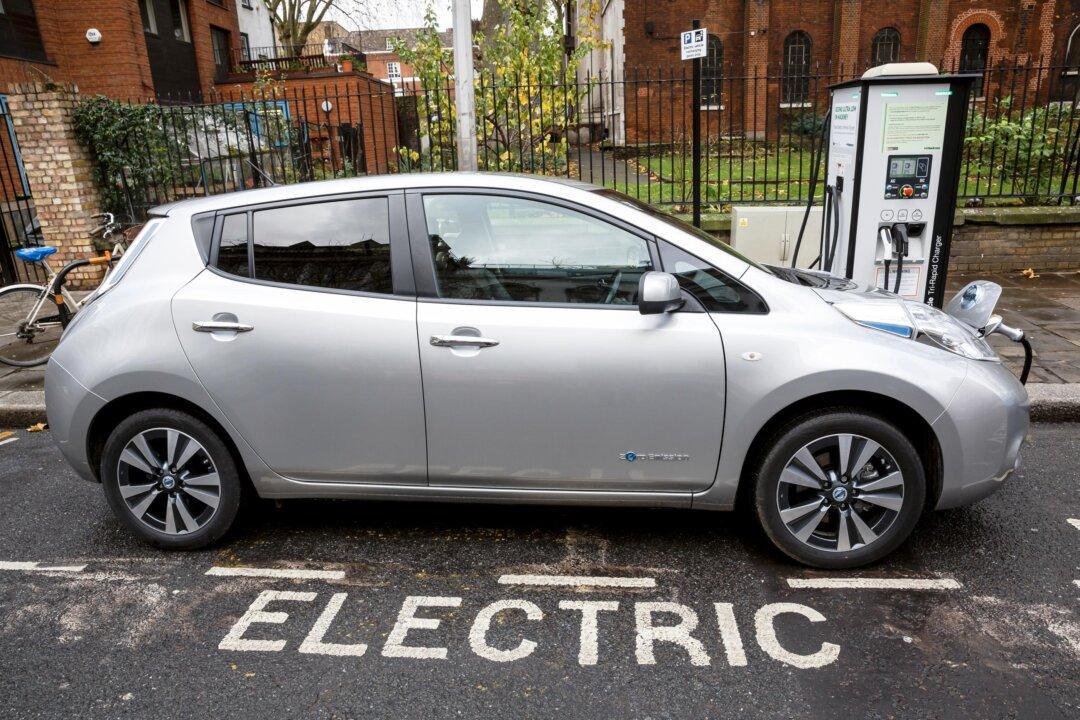Sales of electric vehicles (EVs) in the next three years will slow down owing to a delay of the zero emission mandate among other reasons, the Office for Budget Responsibility (OBR) has warned.
The OBR reduced its forecast for the uptake of EVs this year from 25 percent to 18 percent. The sales will slow down in 2027 from 67 percent to 38 percent, according to OBR’s November forecast.





